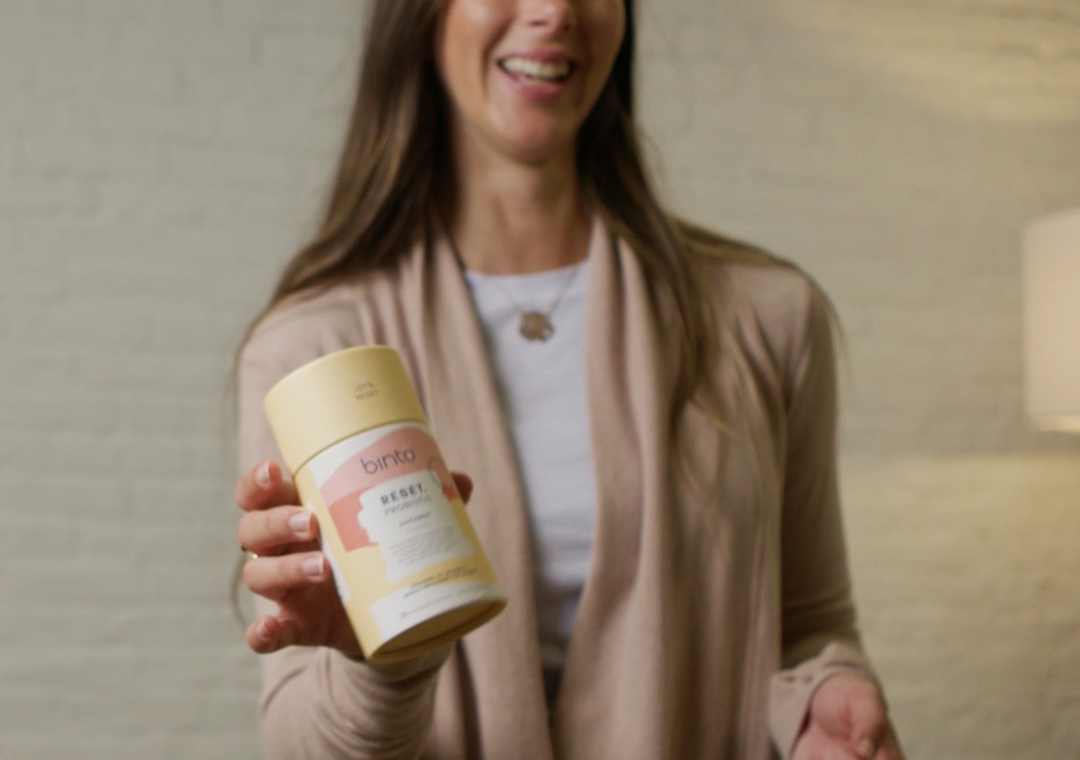When we hear about probiotics, most of us immediately think about gut health. While probiotics are definitely beneficial for your digestive system, there’s so much more to them! These little wonders, packed with good bacteria, can be super useful for our skin. The American Academy of Dermatology (AAD) released an article stating that research has demonstrated taking a daily probiotic can help treat acne or rosacea (1).
Probiotics & Your Skin
The AAD describes the link between oral probiotics and your skin as the “gut-brain-skin-axis”. What that means is the combination of stress and a bad diet can increase levels of bad bacteria in our gut. Toxins can then leak from the gut into the bloodstream and cause inflammation throughout your body (1). If you are already prone to skin reactions or acne, this is the perfect storm for flare ups.
A probiotic, on the other hand, increases the levels of good bacteria which prevents a leaky gut for releasing nasty toxins into your body. For many people, this can have a noticeable impact on skin health.
Topical Probiotics: Creams, Masks, and Cleansers
The AAD explains how the topically applied probiotics can be beneficial in the following areas (1):
Protection
Bad bacteria living on your skin tells your immune system there is an intruder. A topical probiotic can shield your skin cells from responding to the invader which prevents flare ups
Calming Effect
The protective shield postpones your skin from firing off signals to your immune system to attack the alien bacteria landing on your skin
Antimicrobial Properties
Some probiotics can kill bad bacteria on the spot
What Your Probiotics Should Contain
Not all probiotics are created equally. Oral probiotics should contain Lactobacilli, as well as bifidobacterium in order to benefit the skin (1). According to the Journal of Applied Microbiology, Lactobacillus plantarum, Lactobacillus casei, Lactobacillus rhamnosus, and Bifidobacterium longum have demonstrated the potential to help with acne, eczema, and scarring (2). BINTO probiotics contain all of the previously stated strains of good bacteria, along with others specifically used for gut and vaginal health (they’re also shelf-stable!)
A Note on Prebiotics:
Prebiotics are non-digestible carbohydrates that act as food for probiotics. A probiotic is virtually ineffective if it doesn’t have a prebiotic included.
Resources:
- https://www.aad.org/media/news-releases/could-probiotics-be-the-next-big-thing-in-acne-and-rosacea-treatments
- https://onlinelibrary.wiley.com/doi/full/10.1111/jam.12137

